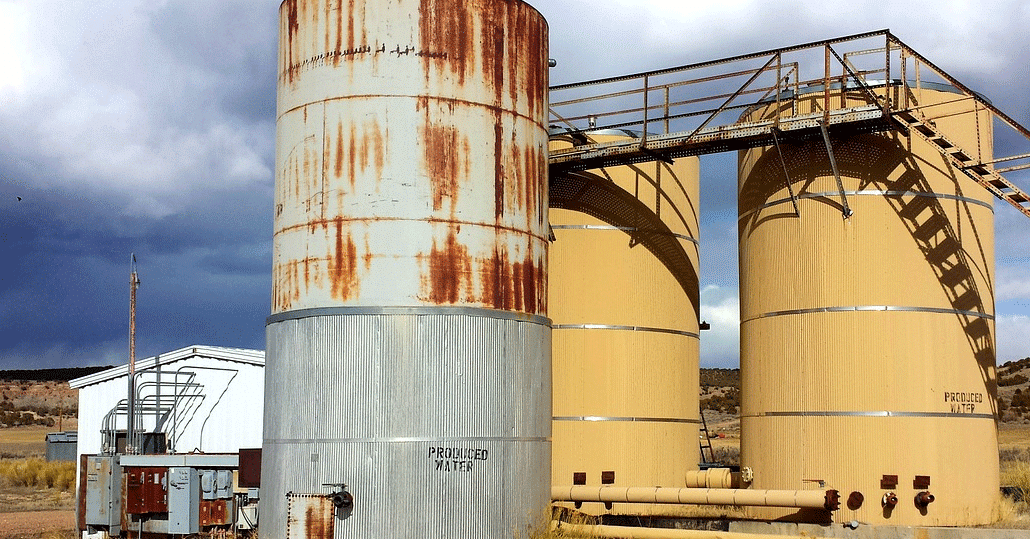The information provided on this page is for general informational purposes only and does not constitute legal, financial, or investment advice. Oil and gas laws, mineral rights regulations, and royalty structures vary significantly by state and jurisdiction. While we strive to provide accurate and up-to-date information, no guarantee is made to that effect, and laws may have changed since publication.
You should consult with a licensed attorney specializing in oil and gas law in your jurisdiction, a qualified financial advisor, or other appropriate professionals before making any decisions based on this material. Neither the author nor the publisher assumes any liability for actions taken in reliance upon the information contained herein.
We are all in this together, right? Sometimes bringing people together to operate as one can be a better overall solution. It is better than everyone fighting their own individual fight. This is especially true if everyone involved has one common goal. In this comprehensive guide, we will define and explain everything you need to know about oil and gas unitization, its consequences, and what to consider when pooling your oil and gas rights with neighboring tracts.
Oil and Gas Unitization
Unitization and pooling are useable to bring landowners and lessors together. This is applicable in the world of mineral rights such as oil and gas. It is to maximize the value of an oil and gas operation. Oil and gas unitization can be brought on by the landowners themselves, mineral rights operators, as well as local governments.
Oil reserves are below the earth. With that, it is very common that large crude oil supplies may span the jurisdiction. Usually of several property owners on the land’s surface area. In cases like this, gas and oil unitization is often necessary. This is for the resources to undergo extraction in a safe, fair, and efficient manner.
What is the Unitization of Oil and Gas?
For all accounts and purposes, oil and gas unitization means forming and combining into one singular entity. Unitization is a mathematical term with many real-life examples. Most commonly, however, unitization is used in the combination of mineral rights or mineral leases.
What is an Oil and Gas Unit?
An oil and gas unit is the end product of unitization. Essentially what this means is that anything that has been unitized forms together to create a new, single unit. Examples are two different parcels of land.
At oil and gas drilling sites, a unit describes the legal boundary of the total consolidated land area.
Oil and Gas Pooling
What is Pooling of Oil and Gas?
Oil and gas pooling is another term for the unitization of land or leases. With this, units refer to as “pools”. Gas and oil pooling is useable in the sense of combining efforts into one whole. Such as in carpooling, rather than referring to crude oil as a liquid. An example is a swimming pool.
The Declaration of Oil and Gas Pooling
Officially, oil and gas units must be documented in a legally binding contract often referred to as “the Declaration of Pooling.” This document may have a different title depending on the location, but a detailed description of the oil and gas unitization must be submitted to local jurisdictions before they are taken into effect.
The Consequences of Oil and Gas Pooling
Just as a mineral rights lease agreement can be a very complicated document, a declaration of the oil and gas pooling agreement should also be reviewed in detail before signing on the dotted line.
We have explained several of the positive consequences of pooling that make the practice entirely necessary. However, there also may be negative effects of gas and oil unitization for individual property owners. Most commonly, this includes lesser oil and gas royalty payments. Another is a quick depletion of total resource reserves.
Compulsory vs Voluntary Pooling of Oil and Gas
Are you getting offers to pool your oil and gas royalties with neighboring tracts? Then the decision may or may not be up to you as to whether or not the unitization will happen. For this reason, it is entirely necessary to determine the nature of your oil and gas pooling agreement. Do this before jumping to conclusions.
Voluntary Pooling – Voluntary pooling of oil and gas is ideal because it only exists to benefit the stakeholders of the agreement. Are you given the choice to join a neighboring unit? This may lead to oil and gas royalty payments without any direct extraction from your property.
Compulsory Pooling – Compulsory pooling, also known as mandatory pooling, is the forced unitization of oil and gas rights generally brought on by local governments. Forced pooling orders are often put in place to limit the total amount of oil and gas wells that can be drilled on the surface of a county or state.
Oil and Gas Pooling Clauses
In most modern oil and gas lease agreements, operators will include a “pooling clause,” which outlines both parties’ rights through the duration of the contract. With this, expectations can be made at the beginning of the pooling agreement so as not to erupt any unwelcome surprise later.
If your oil and gas lease agreement has a pooling clause that allows operators to unite your mineral rights with neighboring tracts, be sure that you understand the consequences of this both for better or for worse. In some cases, pooling oil and gas is entirely necessary in order to receive mineral royalties, however, it is important to understand that you will now be “sharing” your oil and gas rights.
If you have further questions about Oil and Gas Unitization, feel free to reach out to us here.



